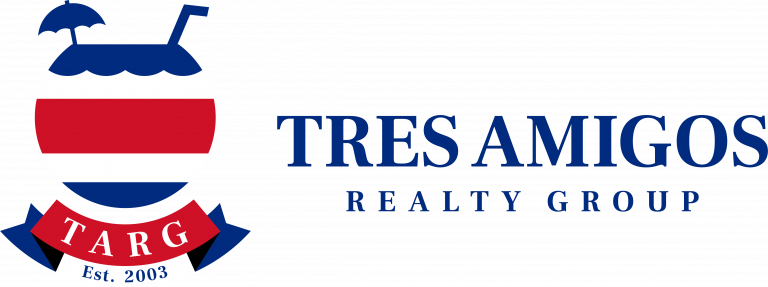 Obtaining a specific license to practice as a realtor in Costa Rica is not mandatory. However, it's crucial to note that the real estate industry is subject to regulations, and individuals engaging in real estate transactions should adhere to legal and ethical standards.
Obtaining a specific license to practice as a realtor in Costa Rica is not mandatory. However, it's crucial to note that the real estate industry is subject to regulations, and individuals engaging in real estate transactions should adhere to legal and ethical standards.
Key aspects to consider when choosing a real estate agent
Realtor must be registered with SUGEF:
Real estate professionals in Costa Rica are required to be registered with SUGEF, the Superintendencia General de Entidades Financieras. This registration is an essential regulatory measure overseen by the financial regulatory authority in the country. It serves as a means to ensure that realtors operate within the legal framework and adhere to the established standards and guidelines.
Being registered with SUGEF is particularly crucial due to its role in overseeing financial entities, including those involved in real estate transactions. This registration process not only contributes to the overall integrity of the real estate sector but also underscores the commitment of realtors to comply with regulatory requirements.
Moreover, this registration carries implications for anti-money laundering (AML) compliance, an integral aspect of the real estate industry in Costa Rica. Realtors must engage in due diligence measures to verify the identities of clients and ensure that their transactions align with anti-money laundering regulations, contributing to the prevention of financial crimes.
In addition to the registration with SUGEF, real estate professionals are expected to uphold ethical standards, adhere to property laws, and navigate the complexities of real estate transactions with legal acumen. This comprehensive approach ensures that realtors in Costa Rica maintain credibility, foster trust among clients, and operate within the bounds of regulatory and ethical guidelines.
It's crucial for real estate professionals to stay abreast of any updates or changes in regulatory requirements, as these may change over time. Seeking guidance from legal professionals and industry associations can provide valuable insights into the current landscape of real estate regulations in Costa Rica.
Professional Associations:
While a specific license is not required, many real estate professionals in Costa Rica choose to join professional associations to enhance their credibility and stay connected with industry standards. The Costa Rican Chambers of Real Estate Brokers (CRGAR and CCCBR ) is one such organization that provides networking opportunities, educational resources, and a code of ethics for its members.
Education and Training:
Even though there isn't a mandatory licensing process, individuals interested in becoming real estate professionals in Costa Rica often pursue relevant education and training. This may involve completing courses on real estate transactions, property law, and ethical practices. Gaining knowledge in these areas can contribute to a successful career in real estate.
Legal Residency:
Foreign individuals interested in working as real estate professionals in Costa Rica should ensure they have legal permanent residency. Legal residency is required to conduct business in the country and adds credibility to individuals engaged in real estate transactions.
Ethical Standards:
Adherence to ethical standards is crucial. Realtors in Costa Rica should maintain transparency, honesty, and fairness in all transactions to build trust with clients and uphold the reputation of the industry.
Legal Knowledge:
Realtors should have a solid understanding of Costa Rican property laws, including property rights, land use regulations, and zoning laws. This knowledge is essential for guiding clients through real estate transactions and ensuring legal compliance.
Tax Considerations:
Understanding the tax implications of real estate transactions is important. Realtors should be knowledgeable about property taxes, capital gains taxes, and other taxes that may be relevant to selling or buying real estate in Costa Rica.
While a formal license is not required, individuals pursuing a career in real estate in Costa Rica should approach their profession with a commitment to education, ethical practices, and a comprehensive understanding of the legal and regulatory landscape. It's advisable to stay informed about any changes in regulations that may affect the real estate industry in Costa Rica. Additionally, checking for updates from relevant industry associations and legal authorities is recommended.







